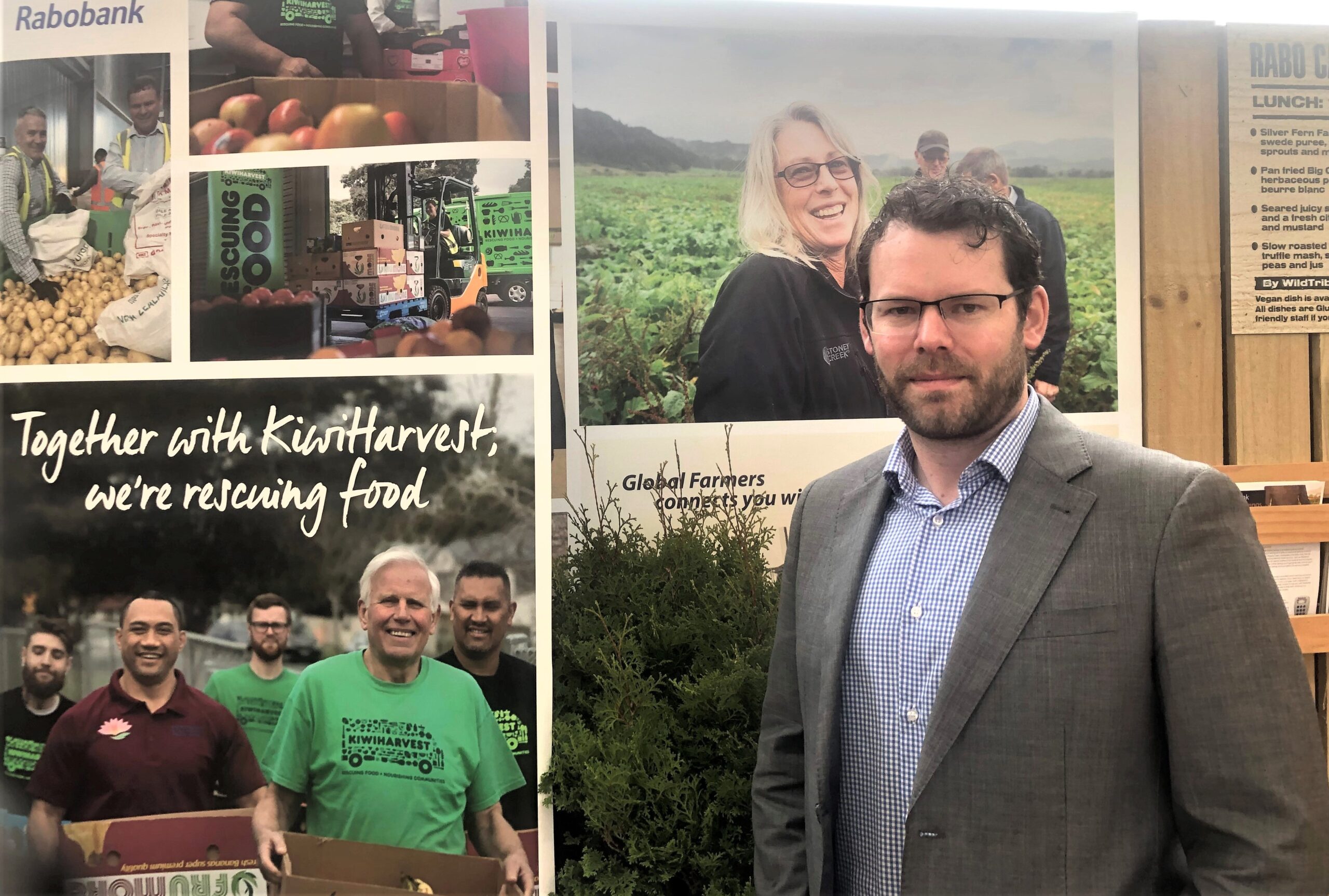Industry leadership and market forces are the key to reducing future GHG emissions in global beef supply chains, according to a new report from Rabobank.
Strong industry leadership and market forces have the potential to unlock opportunities to reduce Green House Gas (GHG) emissions in global Beef Supply Chains, according to a new international report by agribusiness banking specialist Rabobank.
In the report, Greenhouse Gas Emissions in Beef Supply Chains – Rabobank says beef supply chain emissions will need to decline to meet global climate change ambitions.
“Beef supply chains contributions to global GHG levels need to go down, and they can,” report co-author Rabobank Global Animal Proteins Strategist Justin Sherrard said.
“Rabobank sees scope to reduce GHG emissions by more than 30 per cent in Europe, North America, Brazil, Argentina and Oceania by 2030. This would amount to a reduction of beef supply chain emissions by at least 0.6gt CO2 equivalent by 2030.”
“The highest reductions are expected in cattle production, upstream feed production and input stages of the chain. If action can be accelerated through technology developments or clearer incentives, we believe emissions could be reduced by about 40 per cent by 2030 in these markets.”
The report cites market forces and industry leadership as the key factors which will drive this change.
“Rabobank believes that in most regions, food and agribusiness company commitments to lower beef GHG emissions are likely to be more effective drivers of action than government regulations,” Mr Sherrard said.
“The voluntary goals set by F&A (food and agri) companies offer greater flexibility and clear recognition for reducing emissions, and systems are being established to increase the credibility of these actions. To remain the driving force, market-based approaches will need to demonstrate progress — otherwise they will be replaced by regulation.”
Sherrard said leadership at F&A companies would also be crucial to unlock opportunities in beef supply chains.
“To unlock these opportunities, F&A companies will need to set ambitious goals to reduce emissions, promote innovation, and enable supply chain partners to work together to achieve their goals,” he said.
Implications for New Zealand
Rabobank Head of Sustainable Business Development, Blake Holgate (pictured above) said while beef farmers in many other regions around the globe weren’t facing the same regulatory pressures as those in New Zealand, they were subject to the same market pressures.
“While many New Zealand beef producers are struggling with the range, speed and extent of regulatory change currently taking place, the significant positive change made by the sector in recent years does mean New Zealand farmers are well positioned to deliver produce with the high sustainability credentials increasingly being demanded by the market,” he said.




